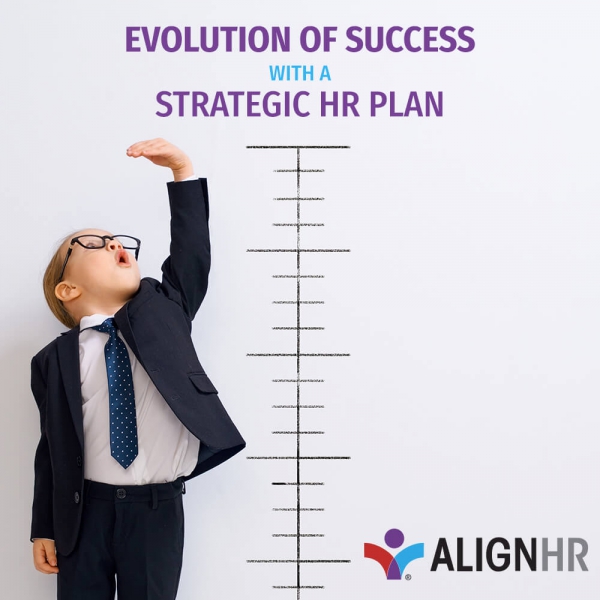
Where is your company right now?
No, I’m not asking where your business is physically located.
I want to know where your company is in its Business Life Cycle.
From the moment you file your LLC or press launch on your website, owners know when they officially opened for business. Much like anything that grows and changes over time, our organizations have a life cycle. Unlike our growing children and the pencil marks we make on the doorway frame indicating their growth, our business life cycle tends to blend together. Many of us don’t even recognize when we hit a different phase.
Maybe we recognize the volume of new calls we are receiving into our office. We know when we have to hire more help. It’s very apparent when the company’s success warrants new locations and new products.
Did you have a strategic plan mapped out for this growth?
Many businesses see upgrade from launch to growth without having a plan in place. You provide quality service, expertise in a field, and market successfully, you exit the start-up stage and enter the growth stage without even realizing it.
But how do you continue to evolve?
Skill and knowledge will only get you so far. Strategy and expertise can help transition to become established and mature – and stop you from plummeting into decline.
As your company grows, so will the need for additional staff and departments. In the past, you were able to individually discuss your vision and goals for the company. You might call a team meeting or pull everyone together for a lunch. As you grow, your messages are being transmitted through emails. You are telling your local manager to tell their direct subordinates. You may have your vision and goals perfectly mapped out in your head, but the game of telephone from department to department is blurring your vision.
Will you ever get to reach the next level of success with this method?
A strategic HR plan helps your organization align your human resources to your company strategy. Your HR should support the organizations strategy, goals, and process – allowing for potential growth and avoiding potential crisis. A company’s mission, vision, and values are all documented, making a scalable outline to address present and future decision making.
When you first start your business, you are likely responsible for all of your initial hiring. Every employee that you hire was hand-selected and approved by you. These candidates likely share your work ethic, passions, and successfully passed your skills assessment. As your company grows, someone else might be hiring your employees. You no longer have the ability to talk to every single employee and share your company vision and values. You certainly don’t have time to train every employee to do the job exactly how you intended the job to be done.
A strategic HR plan allows you to create practices that remain consistent across your organization. From the top down, you will have your process mapped out so you can provide a reliable experience from hiring, on-boarding, training, future skill development, and succession.
Having a plan in place allows you to continue to build upon the foundations that made you successful and also minimizes your risk by identifying potential gaps.
You must determine where your organization is in the business life cycle. Are you looking to grow your business? Are you matured and looking to avoid a potential decline? Knowing and predicting a successful future is imperative for creating a blueprint for success.
As you can tell, a lot of your HR planning starts with your company goals. If you have a company goal in mind, you can work your way backwards to draft a plan on how you will get there.
If your vision is to become the top industry leader in your metro, what do you need to do make this happen?
Sometimes you even have to look at worse case scenarios.
Plan for the future and be cognizant of your present. What will drive you to hit the next level and what roadblocks can halt your progress?
Once you understand your company’s goals, ask the necessary questions on how you will get there, and determine how that integrates with your HR functions – you are ready to document your plan.
Depending on the size of your company, you may find yourself in a room with other HR professionals or you could be the sole HR practitioner. Regardless of how many individuals are involved, your main purpose is to create a plan that helps achieve and promote culture, competencies, and behaviors that align with your organizational goals. Your plan will be shared and monitored over time. It’s important to have clear and concise documentation on the following:
Any successful plan has the buy-in and approval from leadership. It’s also important that you continue to review and monitor your plan. As your business evolves and as you accomplish your goals, your plan might need to evolve also.
Developing your plan may not be easy. In fact, many organizations don’t know where to start. Every successful HR program is founded on planning. Asking the right questions, conducting proper audits, and developing HR strategies can help evolve company through the business life cycle. Instead of blindly navigating from stage to stage, stand with your feet together, against the wall.
Nice and tall.
Let us mark your progress on the doorframe.